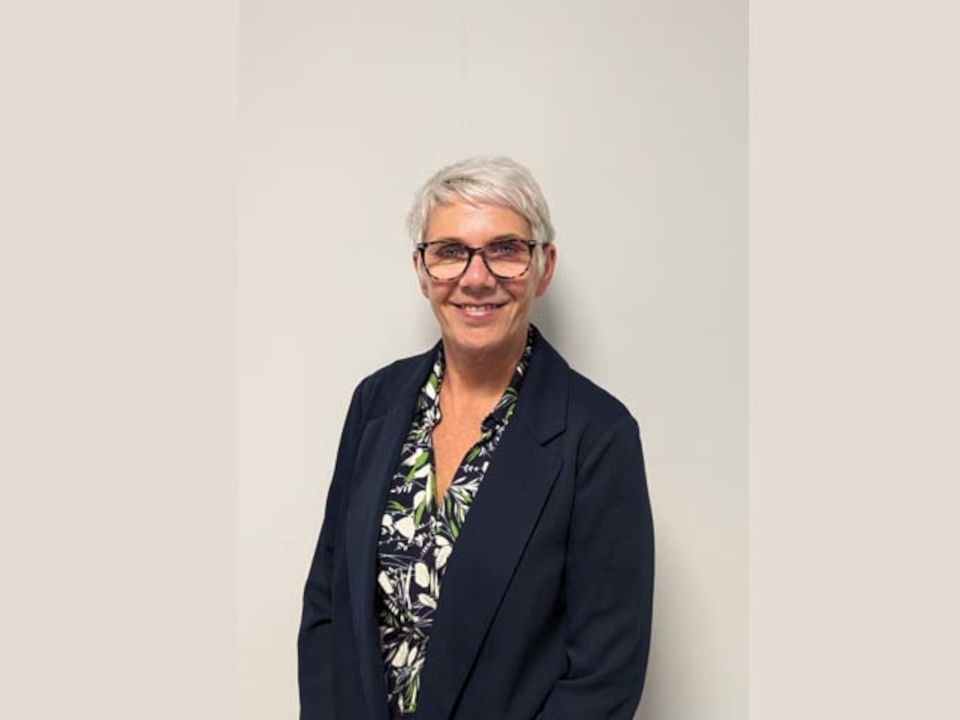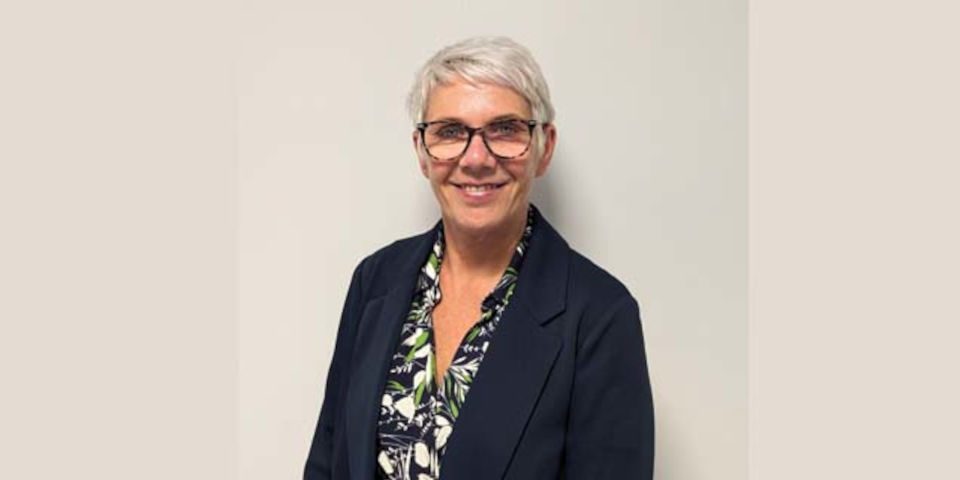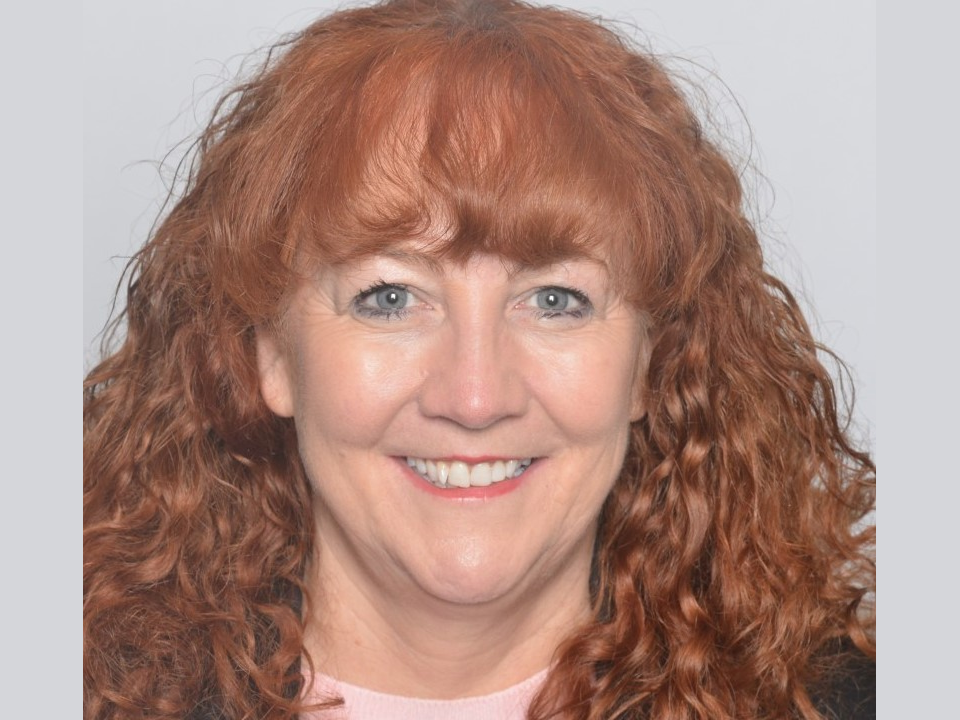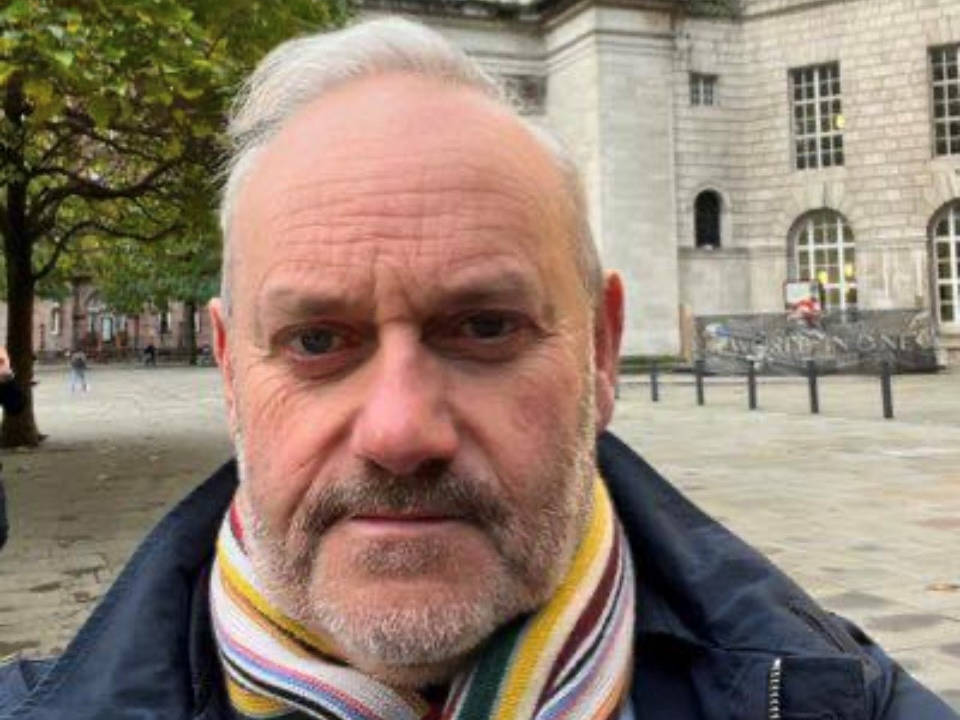
Alison Hinds
West Midlands Regional Representative
Director of Children's Services
City of Wolverhampton Council
Every year, on 19 August, the global community marks World Humanitarian Day - a time to honour those who step forward in times of crisis to help others. These are the medics, aid workers, rescue teams, and volunteers who put compassion into action, often in dangerous or overwhelming situations.
It’s a time to reflect and this year’s theme of strengthening global solidarity and empowering local communities feels more relevant than ever to our work here at home, where our own teams - often quietly, without fanfare - do exactly this kind of work every day. Because in many ways, children’s workers are among our most essential everyday humanitarians.
When we think of “humanitarian work,” we often picture distant emergencies: floods, famines, or war zones. But here in our local communities, crises take a different form: family breakdowns, unsafe living conditions, exploitation, mental health struggles, or poverty that slowly chips away at wellbeing.
In those moments, children’s workers are the ones who step forward. They walk beside children and families in distress; they hold hope when things feel hopeless; they work under intense pressure to protect the vulnerable - and build long-term safety, connection and trust. As we know, social work is not simply about assessment and intervention, it is about dignity, relationship, and resilience - precisely the values we celebrate on World Humanitarian Day.
The national picture of children’s social care is changing. Across England, we are moving towards a Family First model - one that aligns with the humanitarian principles of prevention, community-based support, and respecting lived experience. Family First Partnerships (FFPs) are central to this transformation and so we are all shifting from a system that sometimes waits for crisis - to a system that wraps support around families earlier, more compassionately, and more collaboratively.
This approach encourages whole-system working across education, health, policing, and voluntary sectors - creating a protective web. And crucially, it recognises that families don’t need “fixing” - they need help, trust, and a say in what works for them. That, to me, is the essence of humanitarian practice: working with people, not just doing things to, or for, them. As we adopt Family First principles, we are also reframing what it means to work in social care.
All too often social workers are seen as enforcers - the ones who arrive when things go wrong. But at their best, they are guides, advocates, connectors, and champions for children’s rights. They are the ones who stay curious, who notice what’s going well, and who sit with families in their most difficult moments. We should not underestimate the courage it takes to listen without judgement, to hold risk rather than immediately escalate it, and to support rather than separate. These are acts of humanity - and they deserve celebration, especially today.
At the heart of all of this is the child.
World Humanitarian Day reminds us to see children not just as cases or risks, but as individuals with stories, needs, and potential.
The Family First vision gives us an opportunity to centre children’s voices, to understand their family and cultural identity, and to work with the adults around them to build environments where they can thrive, not just survive.
And sometimes, the smallest gestures - a consistent keyworker, a school that believes in them, a safe place to sleep - can make the biggest difference.
So, I encourage you to pause and reflect on your own work. Whether you are in frontline practice, commissioning, early help, or SEND - you are part of something deeply important. You are helping people, just like any global humanitarian. And your efforts matter.
On World Humanitarian Day, we remember those who step forward when others step back. Let us include our own children’s services workforce in that circle of recognition - not just for the work they do in crisis, but for the relationships they build long before and after it.





